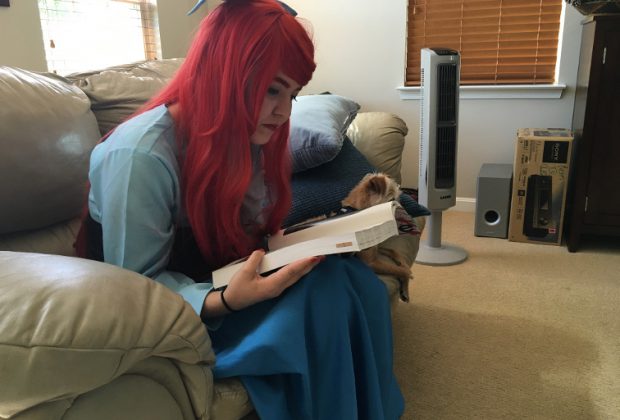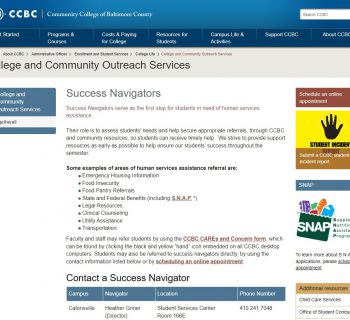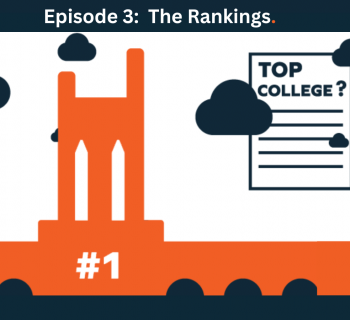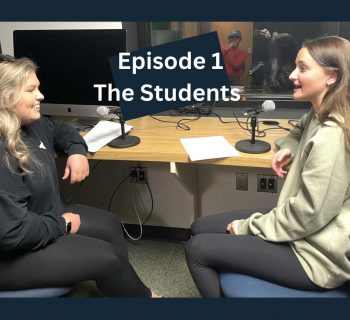Photo: Howard Community College Student Maggie Alexander deals with depression on a regular basis
Dylan Greene
There's a war going on. The battlefield is not a country far and away from the public eye. It is in our own backyard, in an area where the entire population consists of civilians. It is an invisible war, a quiet crisis that speaks only when spoken to. That battlefield is the college campus. The battle is not between political adversaries but internal struggles with depression.
According to the National Institute of Health, 6.7 percent of Americans are annually affected, making it the most ubiquitous mood disorder. Additionally, in 2009 the American College Association-National College Health Assessment (ACHA-NCHA) found that nearly 30 percent of college students reported feeling “so depressed that it was difficult to function” during the past year.
College is a heavy hitter, as now students must deal with increased responsibilities while learning to function more independently. Maggie Alexander, a student at Howard Community College said, “[Depression] has made it harder to focus on my schoolwork and it has also gotten to the point where I have trust issues with most people if I don't know them too well.”
Some students develop depression while on college campus, but others bring it with them. Adolescence is a time where many people go through an identity crisis and try to figure out just who they really are. Making the bridge to adulthood carries along with it more baggage. One must select their major, and with it a pathway to an occupation. Some may want to pursue a relationship with a significant other. All of these can contribute to a high stress environment that exacerbates depression.
There are resources out there for those who are struggling. Thanks to the Internet, local support groups are now easier to find than ever. Modern suicide hotlines also include an option to text, should calling someone on the phone be too uncomfortable. CCBC also provides Student Success Navigators that can give clinical counseling.
But there are real barriers to seeking help. The CDC reports that 16.3 percent of adults ages 18 to 64 are uninsured, even after the legislation of the Affordable Care Act. Cultural expectations and hostile attitudes towards depression also play a role.
Lucas Larsen, who will be attending school in 2017, stated, “I think we really need to talk about depression more and more, until people can comfortably bring up their depression without being afraid of being harshly criticized by a good majority of the general population.”
Theresa LaMotte, Health Coordinator at CCBC also expressed concern with the public's perception of depression, “Depression is greatly misunderstood, and definitely not treated as an illness. The Stigma of mental illness prevents many students from seeking help, and many others blow off the seriousness of depression and anxiety.”
Should depression become severe enough, the results can be fatal. According to the National Vital Statistics Reports, suicide accounted for 1.5% of all deaths in the United States during the year of 2011. This made it the 10th leading cause of death during that year. The most common method of suicide is by the use of a firearm, which accounts for nearly half of all suicides that are carried out. This loss is estimated to cost $51 billion in medical and work loss costs, according to the CDC.
There have been campaigns to call attention to this problem. Earlier this month was Suicide Prevention Week. Project Semicolon uses the punctuation mark to communicate that one's personal story is not over yet. However, there is still much work to be done. Removing the stigma behind mental health issues, depression included, is considered a vital step in combatting the problem.
For students dealing with depression, the war is not over. Every day is another day in the trenches, fighting a battle that others may not know they're having. But should they survive and recover from depression, they will be stronger people than before.
Health Professor Claire Colclough wants students to hold on to hope, “Depression is treatable. There are a lot of options, and actually the options for depression are better and more varied than those for a lot of other mental disorders. You don't have to go to a specific area of the country for treatment - almost all areas have a resource. It's also something incredibly common. If you have depression, you almost certainly know someone who was depressed at some point in their life as well and can relate.” Even Alexander can envision a life beyond her depression, “I think I'll get past it eventually. I like to envision my life being happy and not having to depend on medications all the time.”
If you or anyone you know at CCBC needs assistance please use the following link to available resources on campus.
http://www.ccbcmd.edu/About-CCBC/Administrative-Offices/Enrollment-and-Student-Services/College-Life/College-and-Community-Outreach-Services.aspx
*Articles reflect the views of the author and or those quoted and do not necessarily represent the views of CCBC or the CCBC Connection.














